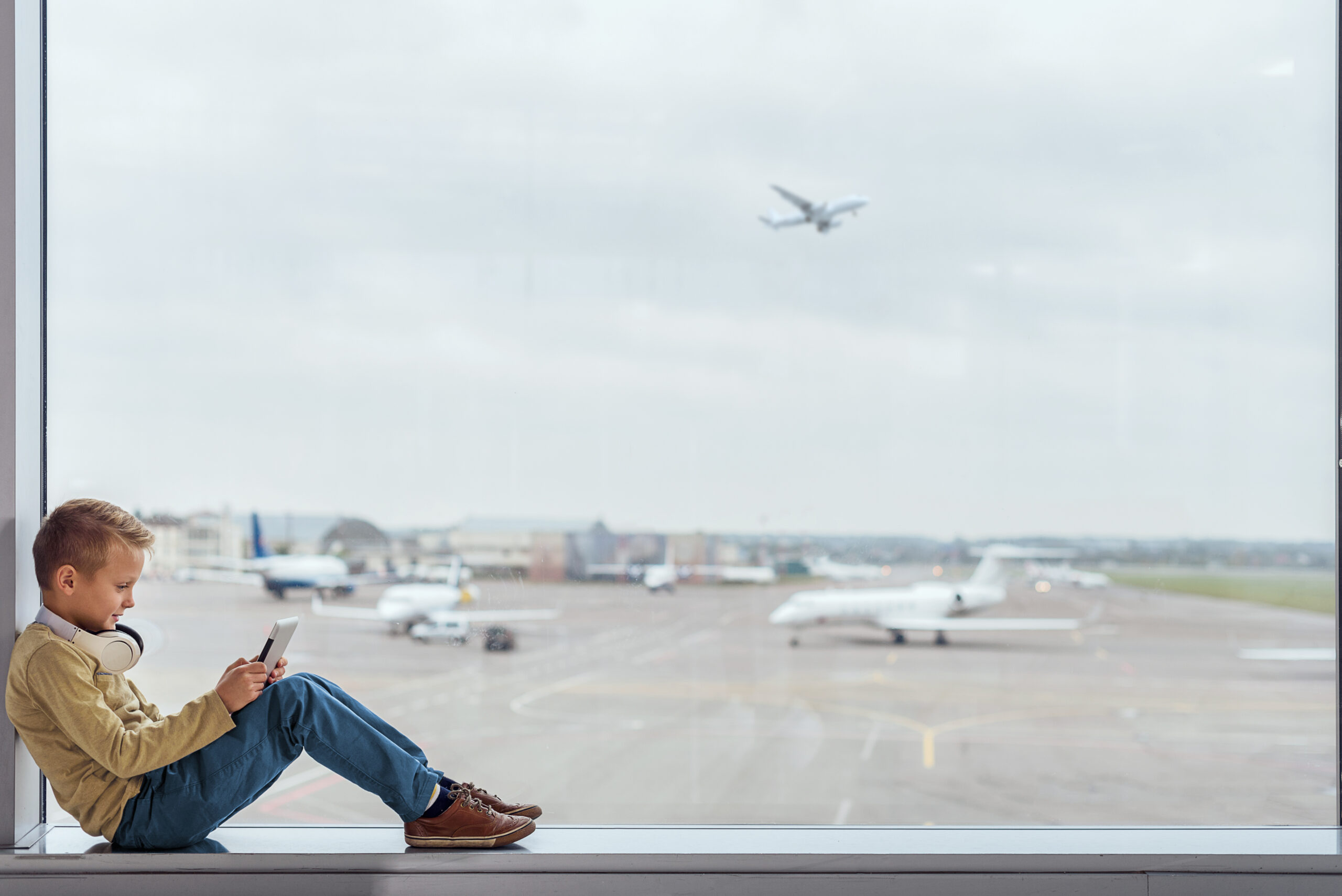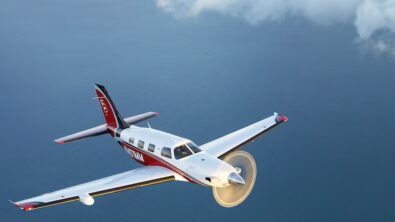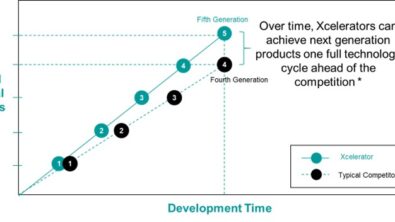Next generation aerospace already taking off!

In recent years, the aviation industry has experienced groundbreaking advancements that are revolutionizing the way we fly. These advancements in aerospace technology, already in motion, promise an exciting future for air travel.
Looking more closely, we see that a confluence of new technologies is transforming aerospace. The trends they’re driving herald the prospect of space tourism, unmanned delivery drones and new aircraft designs, along with the capability to make all flight types safer, faster, more profitable, and more environmentally friendly. The future of flight is taking shape before our eyes.
Latest aerospace technology
The groundbreaking technologies include advances in materials, software, and artificial intelligence. OEMs and suppliers must ensure they understand how the interplay among these innovations affects their businesses and force change in product development and other strategies.
To stay relevant, aerospace companies will need to navigate change and realign to new ways of working and doing business. Let’s look at some of these advances and how they are changing the future the flight.
Aerospace innovations
Electric Propulsion: One of the most significant developments in aviation is the rise of electric propulsion. Electric aircraft are becoming increasingly viable, offering quieter and more environmentally friendly flights. These planes utilize electric motors powered by batteries, reducing both noise pollution and carbon emissions. With ongoing research and advancements, electric propulsion is set to become a prominent feature of future flights. The sustainability impact of these systems has enormous potential.
Autonomous Systems: Automation is reshaping the aviation industry. The integration of artificial intelligence and autonomous systems is improving safety and efficiency. Autonomous drones and unmanned aircraft systems are already being used for various applications, including cargo transportation and surveillance. Additionally, advancements in autonomous flight technologies will eventually enable pilotless passenger planes, enhancing air travel in terms of reliability and operational costs.
Supersonic Travel: Supersonic flight, which allows aircraft to travel faster than the speed of sound, is making a comeback. The development of new supersonic planes aims to reduce travel times significantly. These aircraft will enable passengers to reach their destinations faster, opening new possibilities for business and leisure travel. With the growing interest in supersonic technology, we can expect a renaissance in high-speed air travel.
Advanced Materials and Manufacturing: Innovations in materials and manufacturing techniques are transforming the aircraft industry. Lightweight and robust materials, such as carbon fiber composites, are being utilized to construct more fuel-efficient aircraft with improved performance. Additive manufacturing, or 3D printing, is also gaining prominence, allowing for more efficient production processes and the creation of complex aircraft components. These advancements will continue to shape the future of flight by making aircraft more durable, fuel-efficient, and cost-effective.
Sustainable Aviation: The aviation industry is actively addressing its environmental impact. Sustainable aviation initiatives are focused on reducing carbon emissions and increasing the use of renewable energy sources. Biofuels derived from sustainable feedstocks are being explored as an alternative to conventional jet fuels. Additionally, aircraft manufacturers are working on eco-efficient designs, such as winglets and aerodynamic enhancements, to improve fuel efficiency. By prioritizing sustainability, the aviation industry is taking significant steps towards greener and more responsible air travel.
Future of aerospace industry
As we look ahead, it is evident that the future of flight is already taking off. With electric propulsion, autonomous systems, supersonic travel, advanced materials, and sustainable aviation practices, air travel is poised for remarkable advancements. These developments promise enhanced safety, reduced environmental impact, and improved travel experiences for passengers worldwide. The aviation industry is on an exciting trajectory, shaping a future where flying becomes even more efficient, convenient, and sustainable.


